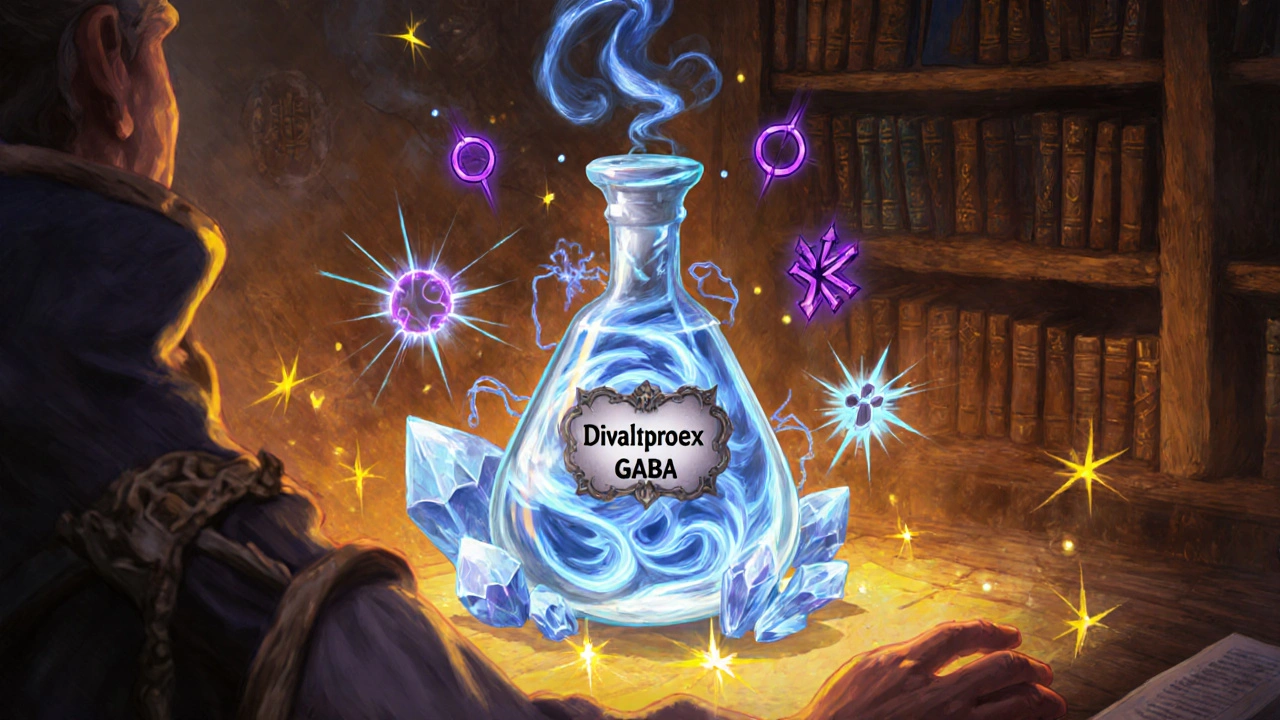Brain Chemistry Explained
When you hear the term brain chemistry, the mix of chemicals that regulate thoughts, mood, and body functions. Also known as neurochemical balance, it determines how we feel, think, and react to everyday stress.
One of the core players in neurotransmitters, tiny messenger molecules that transmit signals between brain cells. Common examples include serotonin, dopamine, and GABA. Brain chemistry encompasses neurotransmitter activity, and changes in their levels can trigger mood swings, concentration issues, or even seizures. For instance, low serotonin often links to depression, while excess dopamine may fuel anxiety or psychosis.
Medical treatments aim to tweak this chemical dance. Antidepressants, drugs that increase serotonin or norepinephrine availability are prescribed to restore balance in depressive states. Likewise, anxiety, a condition marked by heightened fear and tension often responds to medications that calm excitatory neurotransmitters. Both categories illustrate how altering brain chemistry can relieve symptoms and improve daily functioning.
Supplements, Epilepsy Meds, and Everyday Choices
Beyond prescription pills, many turn to natural options. Brahmi supplements, herbal extracts thought to support cognitive health claim to modulate neurotransmitter flow and protect neurons. While evidence varies, they represent a growing interest in maintaining brain chemistry without synthetic drugs. On the other side, individuals with epilepsy rely on medications like oxcarbazepine to stabilize neuronal firing; these drugs directly impact ion channels, another layer of neurochemical regulation. Understanding how each approach interacts with the brain’s chemistry helps you choose safer, more effective strategies.
Below you’ll find a curated set of articles that break down specific drugs, conditions, and lifestyle tips—all centered on how they sway brain chemistry. Whether you’re curious about antidepressant alternatives, anxiety management, or supplement safety, the collection offers clear, actionable information to guide your next steps.
Learn how Divalproex works in the brain, its uses for bipolar disorder, epilepsy, and migraines, plus key side effects, monitoring tips, and FAQs.

 Pharmacology
Pharmacology